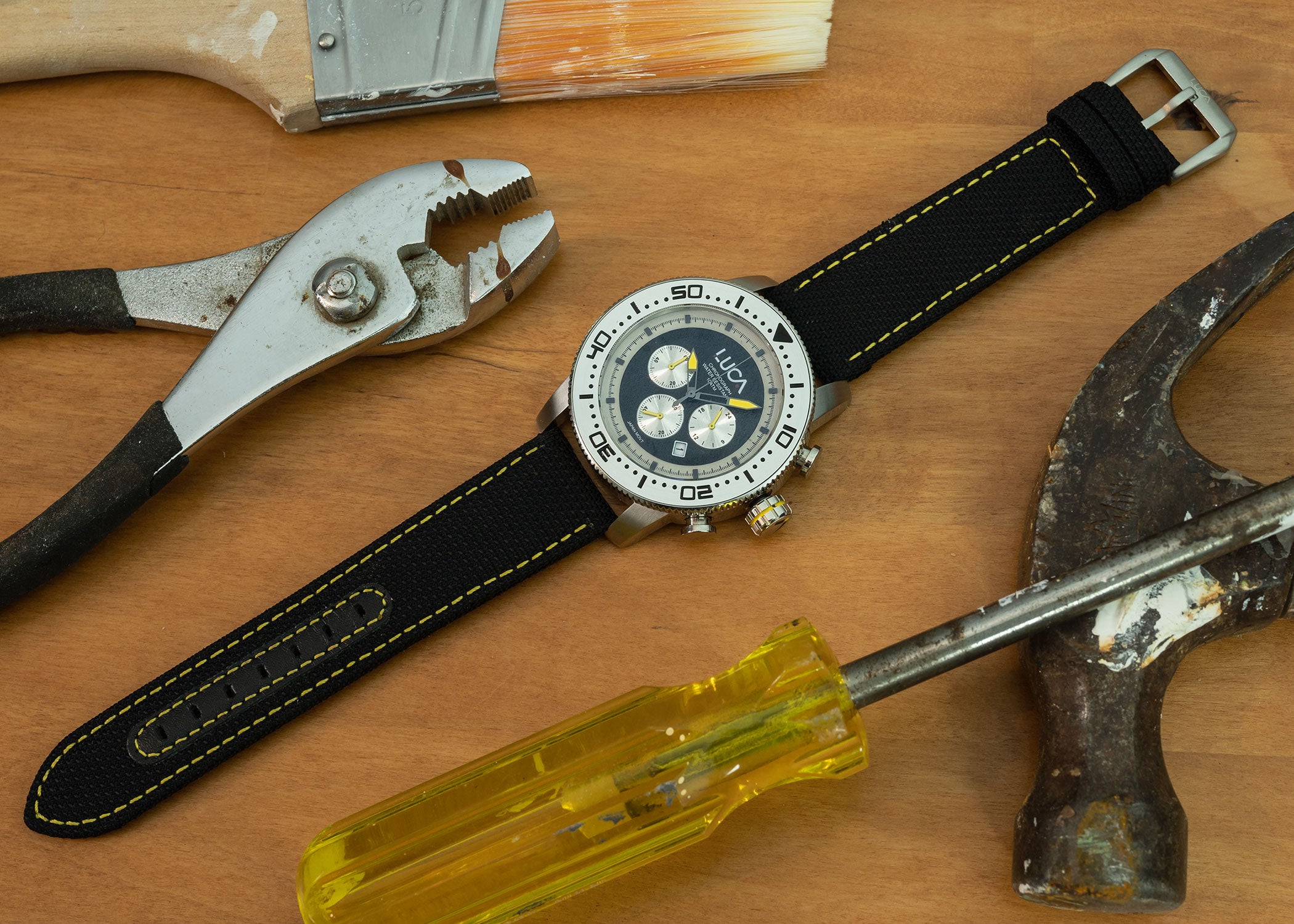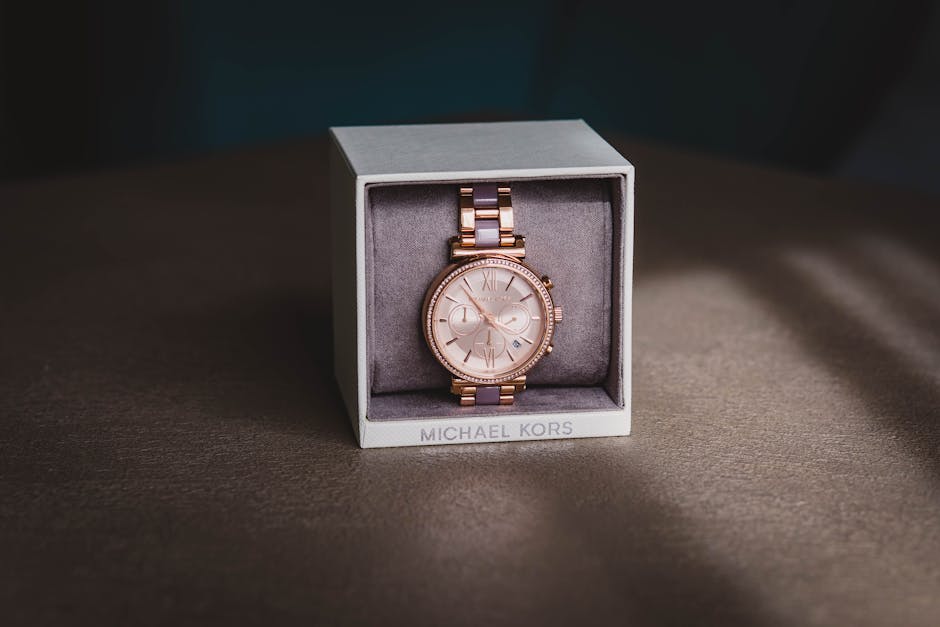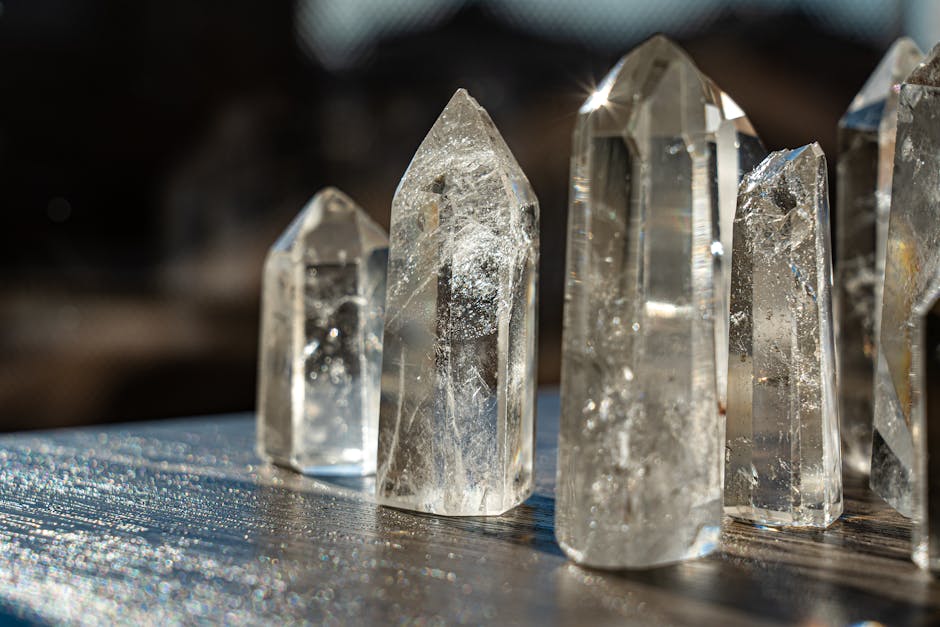
Is Quartz Movement Better Than Automatic?
In the realm of horology - the science or study of time, a debate ensues amongst watch enthusiasts on a riveting topic: Quartz Movement versus Automatic. Both factions bear benefits and drawbacks that distinguish them from each other.
Yet the question remains- which one can be considered better? The truth is, it depends on the preference and lifestyle of the wearer as both types are unique in their own right. Quartz movement, invented as a modern take on timekeeping, embodies convenience, accuracy, and affordability. On the other hand, automatic or mechanical watches, infuse art, tradition, and craftsmanship into every tick.
In this discussion, we will dive deeper into the intricacies of these two types of watch movements, to help you make a more informed choice on your next luxury timepiece acquisition.
Defining Quartz Movement
The quartz movement, named for the quartz crystal that serves as its pivotal component, is celebrated for its exceptional precision. Inside a quartz watch, an electric current is sent to the quartz crystal through the battery. The quartz crystal then vibrates at a frequency of 32,768 times per second, providing outstanding regularity in timekeeping.
This electronic oscillator created by the quartz crystal's vibrations is much more accurate compared to the mechanical movements found in automatic watches. The quartz movement's minimalistic design also ensures fewer moving parts. Consequently, it doesn't require as much servicing and is generally more affordable.
Known for reliability and accuracy, quartz movement has successfully positioned itself beside automatic and manual movements in the realm of esteemed timepieces.
Understanding Automatic Movement
Automatic movement, otherwise known as self-winding, is an intriguing piece of horological brilliance.
This type of movement harnesses kinetic energy from a person's wrist motion to wind the mainspring. It is an intricate marvel of engineering and craftsmanship, with a beautiful mechanical aesthetic.
The workings of an automatic movement watch involve a complex network of gears and springs, often visible through a transparent case back. The meticulous design can contain up to 300 parts. The process of weaving these parts together into a seamless whole is a testament to skilled craftsmanship.
However, the artistry and complexity in Automatic watches may impact their precision. They might gain or lose a couple of seconds daily, unlike their Quartz counterparts.
Automatic movement represents mechanical brilliance and traditional watchmaking. It's a choice for those who appreciate detail, craftsmanship and don't mind the minor deviation in time accuracy. But is it better than Quartz? That depends entirely on what you value in a watch.
The Differences between Quartz and Automatic
Quartz and automatic movements rest at the heart of timekeeping, yet each strikingly diverges in function and appeal.
Quartz movements employ a battery as their prime power source, using the electric charge to cause the quartz crystal in the watch to vibrate. These vibrations are measured and converted into one 'tick' per second, facilitating impressive accuracy with little maintenance.
On the other hand, automatic movements are mechanical, driven by a mainspring that, when fully wound, gradually releases energy to power the watch. These watches are loved for their craftsmanship and tradition, with the constant movement of the wrist providing all the power needed for them to run.
In summary, quartz watches glide seamlessly across the seconds with accuracy and lesser maintenance, while automatic watches charm with their mechanical intricacy and the romance of historic horology.
Pros of Quartz Movement

When discussing quartz movement watches, it's essential to appreciate the elements that set them apart. One of their main advantages lies in accuracy. Quartz watches are incredibly precise, operating within seconds of time lost or gained each month. Compared to their automatic counterparts which often lose several minutes, it's a clear advantage.
Moreover, quartz watches require significantly less maintenance with battery replacements needed only around every two years.
Lastly, they offer a great deal of resilience. Given their sturdy construction which largely lacks delicate moving parts, quartz watches typically possess remarkable durability. They can quite comfortably withstand the riggers of daily wear without risk of mechanical failure.
In essence, quartz watches provide a blend of ease, reliability, and high performance that makes them optimal for everyday use.
Cons of Quartz Movement

While quartz movements are impressively accurate, they do come with a few drawbacks. Most notably, a quartz watch doesn’t have the same allure for many watch enthusiasts as mechanical timepieces. The beauty of an intricately crafted automatic movement, visible through a transparent case back, is hard to rival with a battery-driven mechanism.
Additionally, the 'tick' of a quartz watch is less smooth than the sweeping motion of an automatic watch's seconds hand, a detail finest eyes cannot ignore. This is because quartz movements 'tick' once per second, while automatic movements have several ticks per second.
Lastly, quartz watches require battery replacements, which can be an inconvenience. Though battery life generally extends several years, the reality of eventual battery change can be a drawback compared to the self-winding nature of automatic movements, requiring only the motion of your wrist.
Advantages of Automatic Movement

The real charm of an automatic watch lies in its intricate inner workings and the mechanical beauty it showcases. The craftsmanship involved in each automatic watch is a testament to traditional watchmaking, something that many luxury watch enthusiasts appreciate.
Automatic watches also don’t require battery replacements - they’re powered by the movement of your wrist. Hence, they are often considered more eco-friendly.
Moreover, automatics offer smoother, sweeping hand movements, compared to the one-second ticking of quartz watches. This fluid motion brings an undeniable refinement to the overall aesthetics of the watch.
Despite the necessity of regular wear or use of a watch winder to keep it running when not in use, the allure and benefits of automatic watches make them a popular choice among watch aficionados and collectors.
Drawbacks of Automatic Movement
While automatic movements may entice you with their intricate craftsmanship and traditional watchmaking charm, they do carry a few downsides.
Primarily, automatic watches require regular winding to maintain their momentum. Unlike quartz, automatic movements cease function when we stop wearing them, thus negatively impacting their accuracy.
They also necessitate continual upkeep in terms of servicing and maintenance. Unlike quartz watches, automatic timepieces are generally more delicate and susceptible to wear and tear if not handled with care.
In essence, while automatic watches may boast of being self-sustaining, the requirements in terms of upkeep, inconsistencies in timekeeping, and initial price tag often make them a less practical choice when compared to their quartz counterparts.
The nuances of these challenges are worth contemplating when making your luxury watch purchase decision.
Quartz vs Automatic: Which is Superior?

In the world of horology, the debate between quartz and automatic movements has been raging for decades. Both have their distinct advantages, but is one truly superior?
Quartz watches win, hands down, when it comes to precision. Fueled by a battery and regulated by tiny oscillating quartz crystals, these watches are highly accurate, often accurate within a few seconds per month. They also require less maintenance than their automatic counterparts.
On the other hand, automatic watches, powered by the natural movements of the wearer’s wrist, boast an intricate design and craftsmanship, which is art in itself. For many, the allure of an automatic lies in its longevity and its intricate, many-parted mechanism.
However, both quartz and automatic watches have their unique merits. The deciding factor should be based on your personal preference and lifestyle.